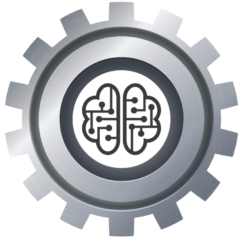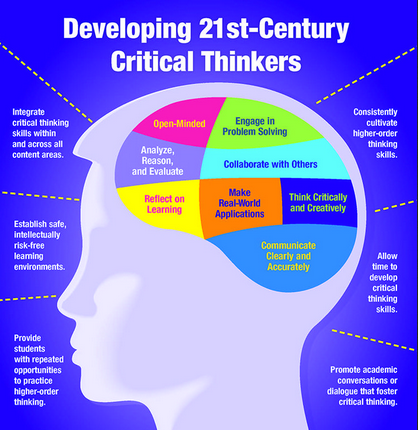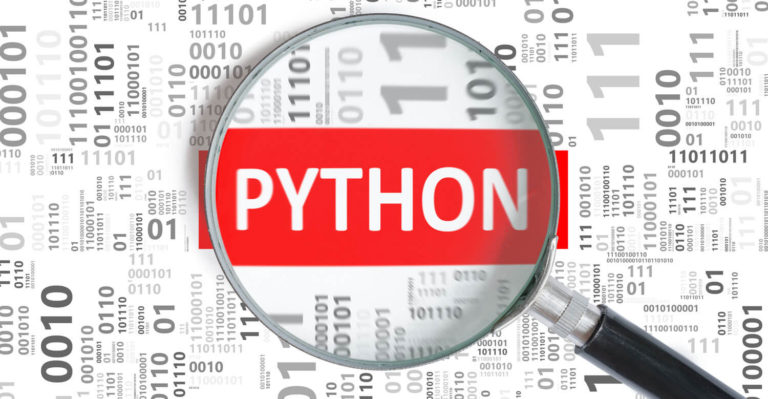Critical Thinking – Gather and Evaluating Information
Critical thinking is a crucial skill that helps us make informed decisions and solve complex problems. One of the key elements of critical thinking is the ability to gather and evaluate information. In this article, we’ll explore why gathering and evaluating information is essential in critical thinking and how you can improve your skills in this area.
Why is Gathering and Evaluating Information Important in Critical Thinking?
Gathering and evaluating information is crucial in critical thinking for several reasons:
- Provides a Solid Foundation: Gathering information provides a solid foundation for making informed decisions. It helps you develop a comprehensive understanding of the issue you’re trying to solve and identify all the relevant factors.
- Enables You to Identify Biases: Evaluating information enables you to identify biases and assumptions that may be influencing your thinking. It allows you to separate fact from opinion and make decisions based on evidence rather than personal beliefs.
- Helps You Generate Better Solutions: Evaluating information helps you generate better solutions to complex problems. By identifying all the relevant factors, you can develop more informed solutions that take into account all the critical factors.
How to Gather and Evaluate Information in Critical Thinking?
- Identify Relevant Sources: Begin by identifying relevant sources of information. These may include books, articles, online resources, or expert opinions.
- Evaluate the Credibility of Sources: Evaluate the credibility of sources by considering the author’s qualifications, the publication date, and the reputation of the publication. Make sure to use reliable sources that are free from bias.
- Analyze the Information: Analyze the information by breaking it down into its component parts. Look for patterns, themes, and connections between different pieces of information. Consider how the information fits together and what it tells you about the issue at hand.
- Consider Multiple Perspectives: Consider multiple perspectives on the issue. Look for viewpoints that challenge your assumptions and biases. Consider how different people might view the issue and what factors may be influencing their thinking.
- Use Critical Thinking Tools: Use critical thinking tools such as charts, diagrams, and tables to help you visualize the information and identify the critical factors.
In Summary
Gathering and evaluating information is an essential skill in critical thinking. By identifying relevant sources, evaluating their credibility, analyzing the information, considering multiple perspectives, and using critical thinking tools, you can develop a comprehensive understanding of the issue at hand. This, in turn, can help you generate better solutions to complex problems, make informed decisions, and separate fact from opinion. So the next time you’re faced with a complex problem, take the time to gather and evaluate information before making any decisions. It will help you develop a solid foundation for your thinking and ultimately lead to better outcomes.
#infobymattcole
 You can check out Matt’s LinkedIn account, Youtube Channel, or Podcast.
You can check out Matt’s LinkedIn account, Youtube Channel, or Podcast.Introducing my new books, ‘The Art of Critical Thinking’ and ‘The Critical Thinking Model’. Both can be read for free with Kindle Unlimited or $2.99 each via Kindle.





